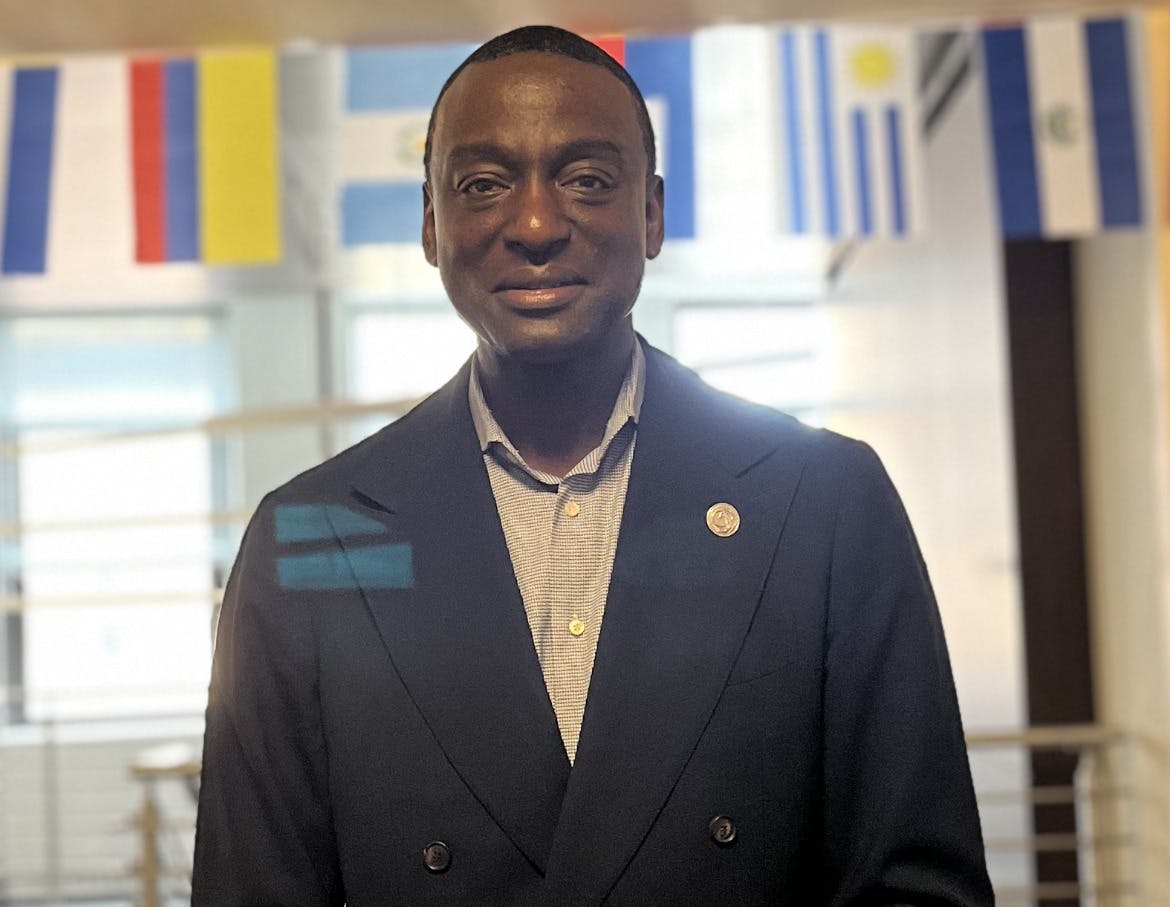
The event commenced with Salaam's firsthand account of his journey through the criminal justice system. The Exonerated Five case remains a reminder of the systemic biases and flaws within criminal justice, resonating deeply with students even decades after its occurrence.
Salaam recounted the events that unfolded in 1989. As a teenager, he found himself in a storm of false accusations and media sensationalism surrounding the brutal assault and rape of a jogger in Central Park. Despite the absence of concrete evidence linking Salaam and his peers to the crime, they became engulfed in prejudice and a presumption of guilt.
"Our innocence was stolen, but our voices were not silenced," Salaam asserted, his speech somewhat reflecting both pain and determination.
The audience listened intently as Salaam recounted the grueling interrogation sessions, coerced confessions, and the subsequent trial that robbed him and his friends of their youth and innocence.
"In the depths of those interrogation rooms, we faced not just the pressure of questions but the weight of injustice," Salaam shared, his voice carrying the weight of those memories. It was like, with each word, he transported the audience back to those unfortunate moments. His description painted a vivid picture of the interrogation rooms—claustrophobic spaces with tension and uncertainty where the walls seemed to close in with every passing moment. “I truly felt hopeless in that room,” Salaam said.
However, Salaam's narrative also shined a light on the resilience of the human spirit. Despite enduring years of wrongful incarceration, Salaam emerged as a symbol of hope and perseverance.
"Every day behind bars was a battle against despair, but we refused to surrender our hope for a brighter tomorrow,” said Salaam. In Salaam's words, there was a reminder that even in the depths of despair, hope has the power to illuminate the path forward—to guide us through the storm and into the promise of a brighter tomorrow. “And it was this hope, the unwavering belief in the possibility of redemption, that ultimately set us free,” Salaam recounted.
As Salaam's presentation drew to a close, the audience was left with a renewed commitment to advocating for systemic change. His story served as a reminder of the enduring legacy of racial injustice and the imperative of collective action in dismantling entrenched systems of oppression.